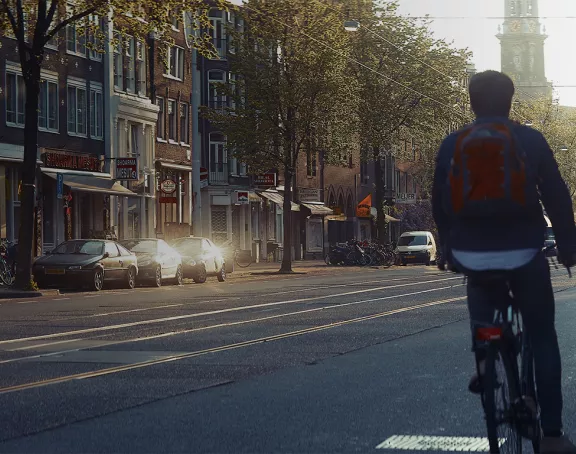ECJ answers preliminary questions on jurisdiction in cartel damage case
On 29 July 2019, the ECJ handed down a preliminary ruling concerning jurisdiction in follow-on damages proceedings in what is termed the trucks cartel. The court clarified that Article 7(2) Brussels I Regulation should be interpreted in such a way as to allow an indirect purchaser to sue an alleged infringer of Article 101 TFEU before the courts of the place where the market prices were distorted and where the indirect purchaser claims to have suffered damage. In practice, this often means that indirect purchasers will be able to sue for damages in their home jurisdictions.
The court found that alleged damage suffered by an indirect purchaser can be seen as direct damage, and therefore the place where such damage occurred provides a basis for jurisdiction. As for the place where the damage occurred, the court ruled that this is the place where the market was affected by the anticompetitive conduct, continuing the line of reasoning established in its earlier judgment in the flyLAL case.
The ECJ recently handed down a preliminary ruling concerning jurisdiction in follow-on damages proceedings in the proceedings concerning the trucks cartel. The court decided that an indirect purchaser can sue an alleged infringer of the cartel prohibition (contained in Article 101 TFEU) before the courts of the place where the market prices were distorted and where the indirect purchaser claims to have suffered damage.
The questions concerned proceedings between the Hungarian company Tibor-Trans and the Dutch company DAF Trucks in a damages claim following on from a European Commission decision of 19 July 2016 which established a cartel among fifteen international truck manufacturers, including DAF Trucks.
Tibor-Trans, who did not purchase the trucks directly from the manufacturers but through Hungarian dealerships, brought an action before the courts in Hungary for non-contractual damages against DAF Trucks in 2017.
The question submitted to the ECJ by the Hungarian court concerned the interpretation of Article 7(2) Brussels I Regulation. According to the ECJ, the place where "the harmful event occurred", and therefore the place of jurisdiction, refers to the place where the damage occurred as well as the place of the event giving rise to the damage. The question was whether the place where an indirect purchaser claimed to have suffered damages (in this case Hungary) qualified as the place where the alleged damage occurred.
To answer this question, the ECJ analysed the nature of the damage and the place where the damage occurred. With regard to the nature of the damage, the court referred to its earlier case law which stated that only direct damage could provide a basis for the jurisdiction of a court. According to the court, the damage alleged by Tibor-Trans, which consisted of additional costs incurred as a result of artificially high prices, appears to be the immediate consequence of the infringement and should therefore be qualified as direct damage, even though Tibor-Trans was an indirect purchaser of the trucks.
With regard to the place where the damage occurred, the court referred to the European Commission's decision establishing that the infringement covered the entire EEA (of which Hungary has been a member since 2004). The court referred to its earlier judgment flyLAL-Lithuanian Airlines, and concluded that, where the market affected by the anticompetitive conduct is in the Member State on whose territory the alleged damage is purported to have occurred, that Member State must be regarded as the place where the damage occurred for the purposes of applying Article 7(2) Brussels I Regulation. According to the ECJ, this approach is consistent with the objectives of proximity and predictability of the rules governing jurisdiction, as the courts of the Member State in which the affected market is located are best placed to assess such actions for damages and, additionally, an economic operator engaging in anticompetitive conduct can reasonably expect to be sued in the courts of the place where its conduct has allegedly distorted competition.
This article was published in the Competition Newsletter of September 2019. Other articles in this newsletter:

